TheTwilight Zonehas never been a stranger to tackling weighty social themes.
These moments rarely happen, but this is undeniably one of them.
Why Was “The Encounter” the Only Banned ‘Twilight Zone’ Episode?
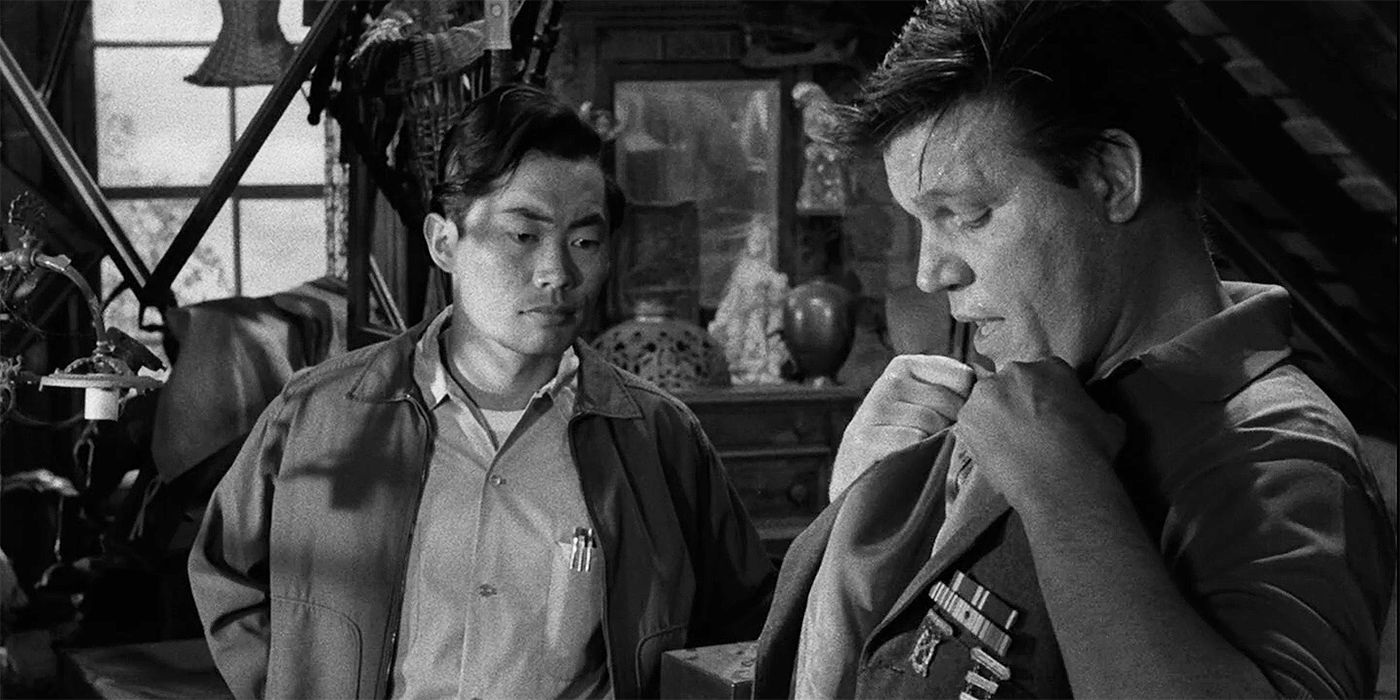
Image via Paramount
Arthur, meanwhile, expresses his discomfort.
I work for a living.
I answer to Arthur, Takamori, or believe it or not Mr.
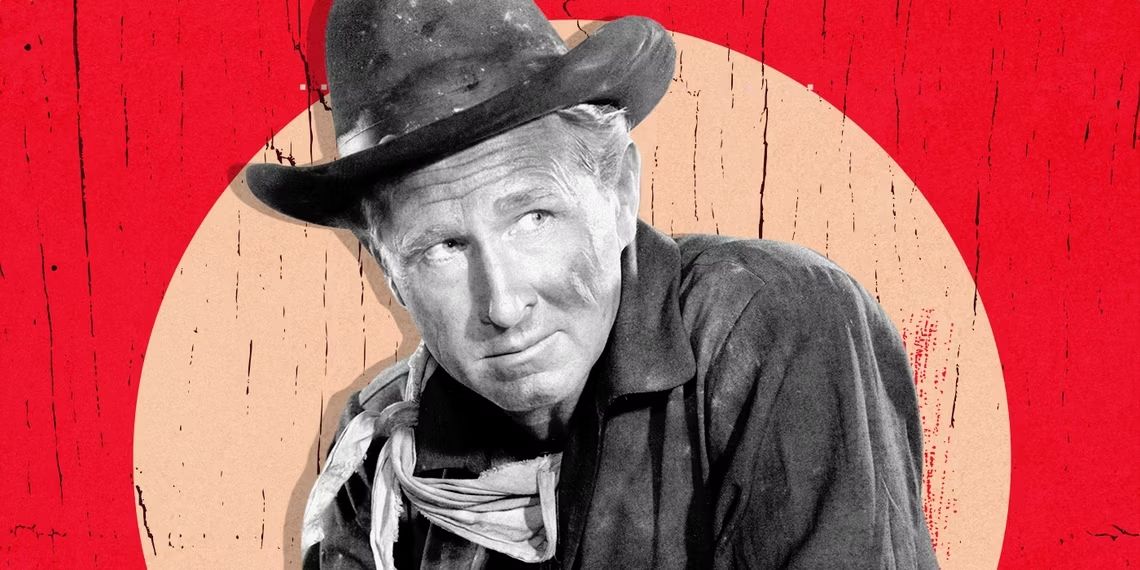
He doesn’t like being there, and why would he?Fenton’s ceaseless microaggressions are exhausting.
After tackling the sci-fi genre, Rod Serling decided to head West.
It’s almost ahead of the curve in Fenton’s breed of prejudiced behavior.
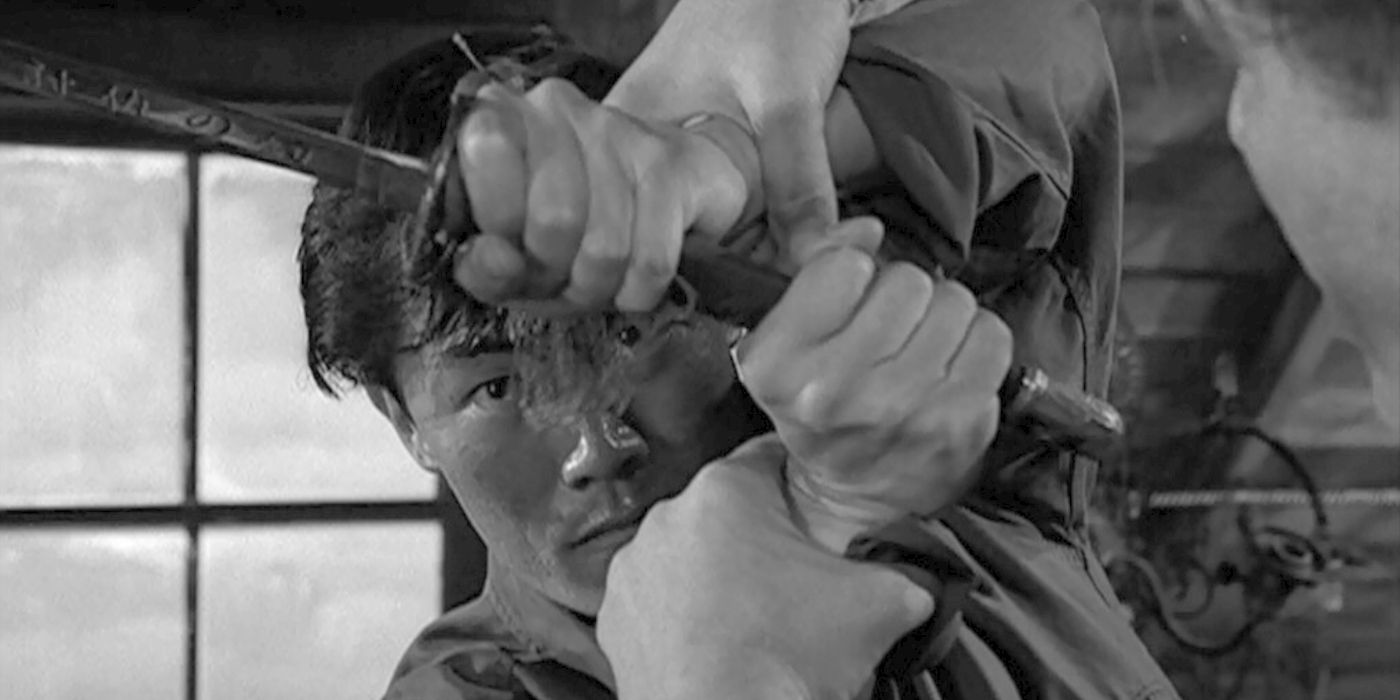
Image via CBS
Microaggressions still go over people’s heads, especially when they’re not directed right at you.
He hints at a pervading alcoholism that estranged him from his wife and lost him his construction job.
It’s another idea that’s ahead of its time.
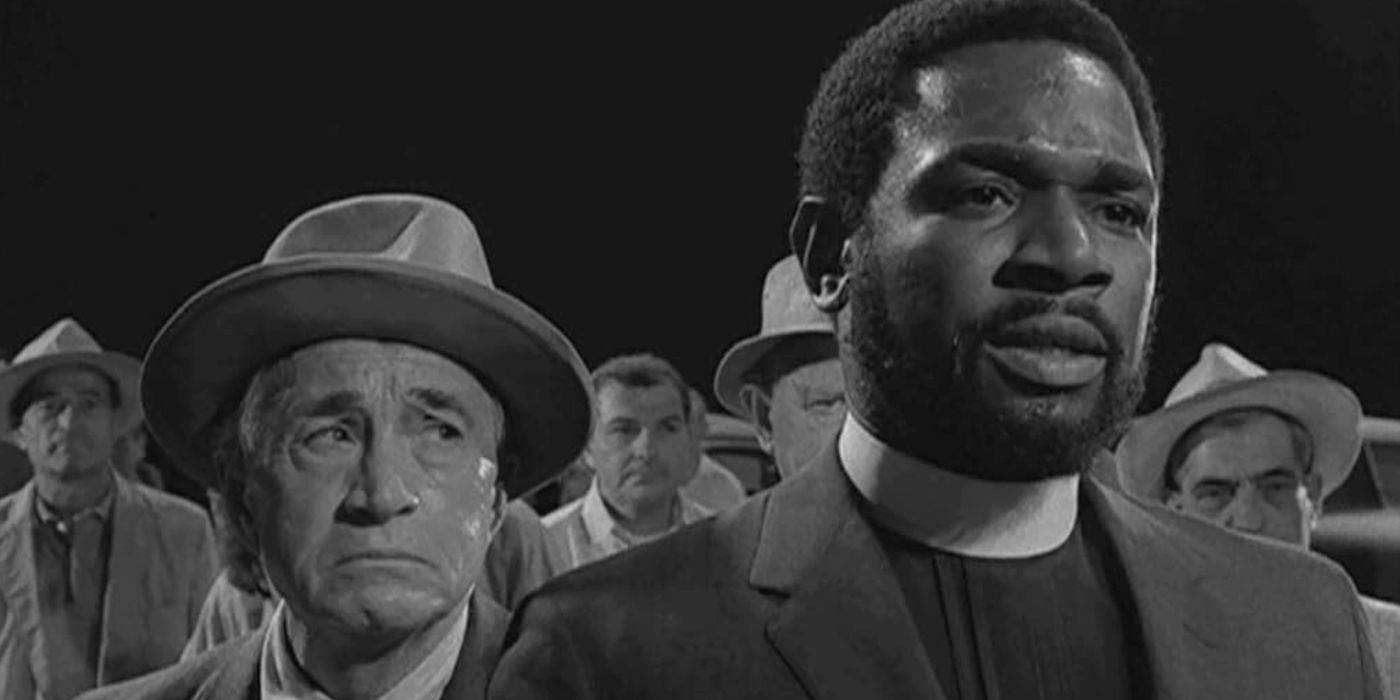
Image via CBS
Arthur, meanwhile, is tragically underwritten.
Takei himself went on to star in 2019’sThe Terror: Infamy.
This story captures the experience in a more in-depth way, weaving it into Japanese folklore and mythology.
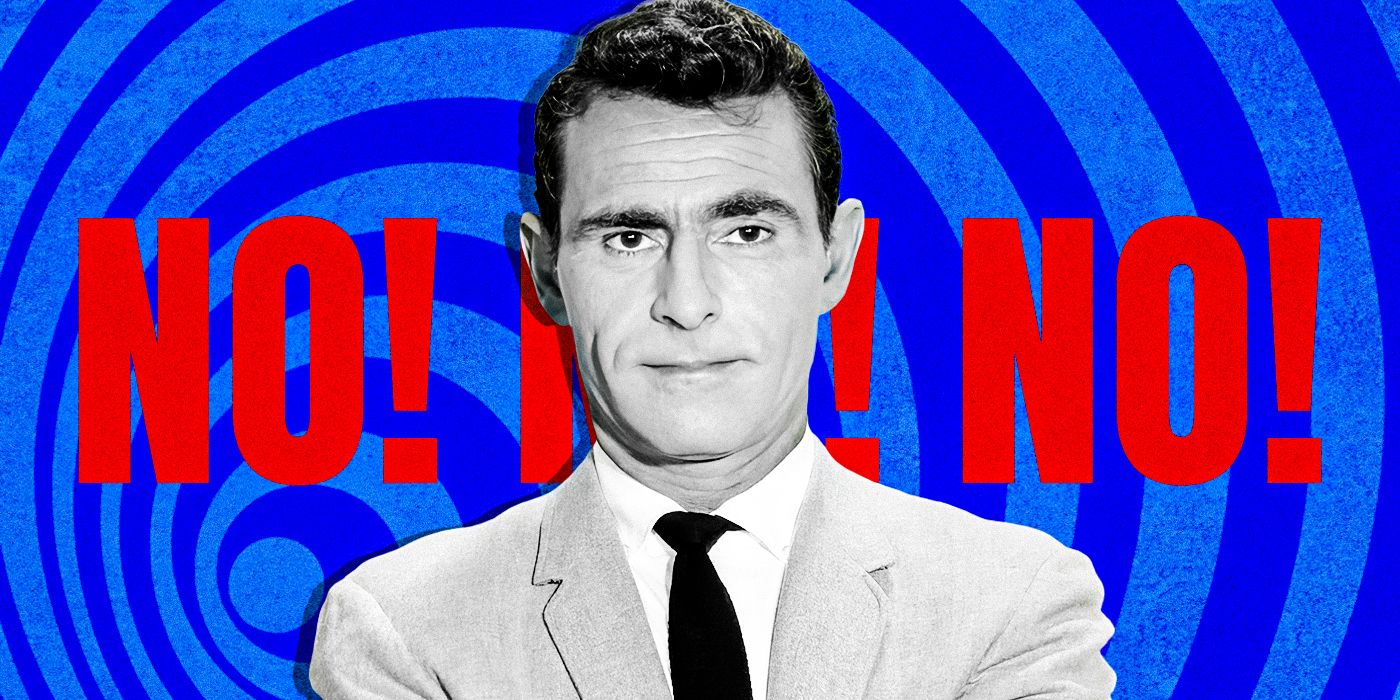
This is a more enlightened time, at least we hope it is.
One that does, or at least should have more to offer AAPI storytellers.
Unfortunately, “The Encounter” does more than give less to offer.

It’s a needlessly patriotic and undermining plot twist that only leads to the metaphor collapsing upon itself.
Arthur Takamori deserved better treatment.
He deserved more depth and characterization.
It was like a checklist of stereotypes past and future.
On a technical level, the episode is exceptionally well-crafted.
Something this confounding could only happen in The Twilight Zone.
Don’t look for it in the Twilight Zone look for it in a mirror."
The problem isn’t that racists are living in the Twilight Zone.
And it’s all a hell of a lot more terrifying than anythingwe’ve seen in The Twilight Zone.
Ordinary people find themselves in extraordinarily astounding situations, which they each venture to solve in a remarkable manner.